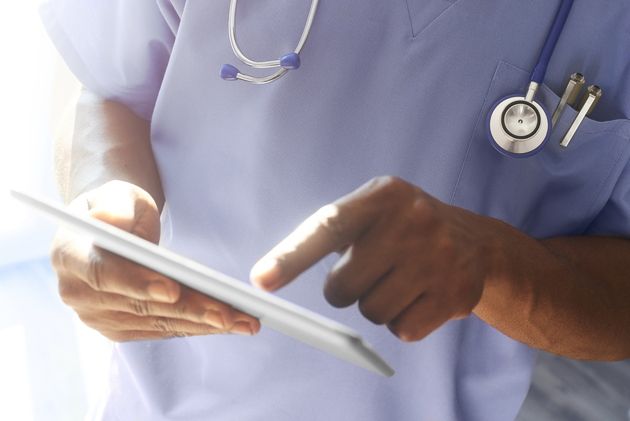Cryptocurrency trading is less popular. However, the uses of blockchain technologies are not limited to this area. Tokenization promises to be a profound revolution in finance.
In health, blockchain can also meet needs. The Vigicard project led by the Montpellier University Hospital aims to be an illustration of this. This is a mobile application for patients suffering from drug allergies.
Providing reliable data to practitioners
According to its architects, declared drug allergies concern 5 to 10% of the European population. Vigicard aims to improve the monitoring of affected patients. How ? By enabling them, as well as non-allergist professionals, “to better identify, treat and manage drug allergies.”
“In fact, our goal is above all to prevent practitioners from prescribing second-line therapeutics which is often less effective, or even more toxic, but especially when the allergy is proven to be able to give personalized advice,” declares Doctor Anca Chiriac , allergist and co-leader of the project.
To monitor these allergies, the application uses the public blockchain. Reasons given: “its qualities of immutability, traceability and timestamping, and because it simplifies interoperability.” The CHU has more particularly opted for the Tezos network, already very anchored in France.
Certificates saved on the Tezos network
Blockchain is involved in a process aimed at recording proof of allergy or immunity in the form of certificates. These then allow authorized healthcare professionals to have access to the information.
The stored data is “reliable and time-stamped” and matches a patient’s history. In health matters, verifying the accuracy of information is described as “particularly crucial.”
As for the choice of Tezos, it is justified by the “intrinsic characteristics of reliability, reinforced security and its energy-efficient self-amendment protocol”. For Vigicard, it was also essential to guarantee the stability and sustainability of the application over time.
A clinical trial to demonstrate the usefulness of a decentralized solution
It should be noted that the health project benefited from financial support from the Tezos Foundation and technical support from Nomadic Labs, its R&D lab. For its adoption manager, Cédric Roche, Vigicard constitutes “a concrete application of blockchain for the greatest number.”
The project will soon undergo a clinical trial. This step is critical to enable it to realize other ambitions at European level. Vigicard plans to integrate a clinical decision support system for the management of drug allergies: CDSS
“Beyond research, the clinical trial will make it possible to decide on the usefulness of a decentralized healthcare solution,” underlines Fabien Bucamp, co-founder of Codinsight, a service provider involved in the development of the application.
“Indeed, health systems are faced with enormous problems of interoperability and technological integration, it is therefore essential that the project is in line with these first-order challenges,” he further indicates.
